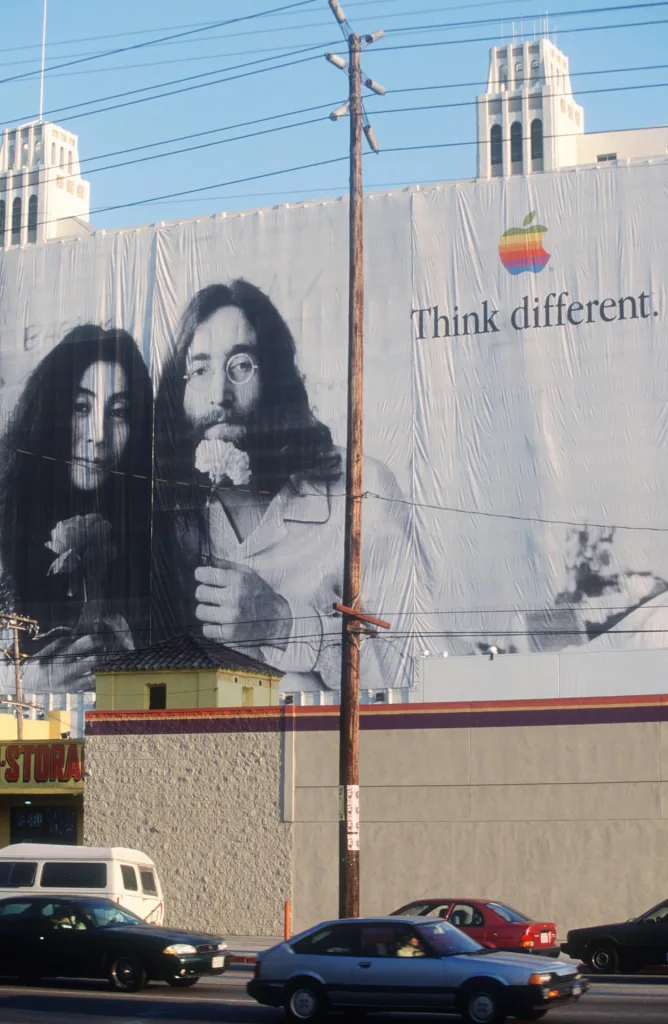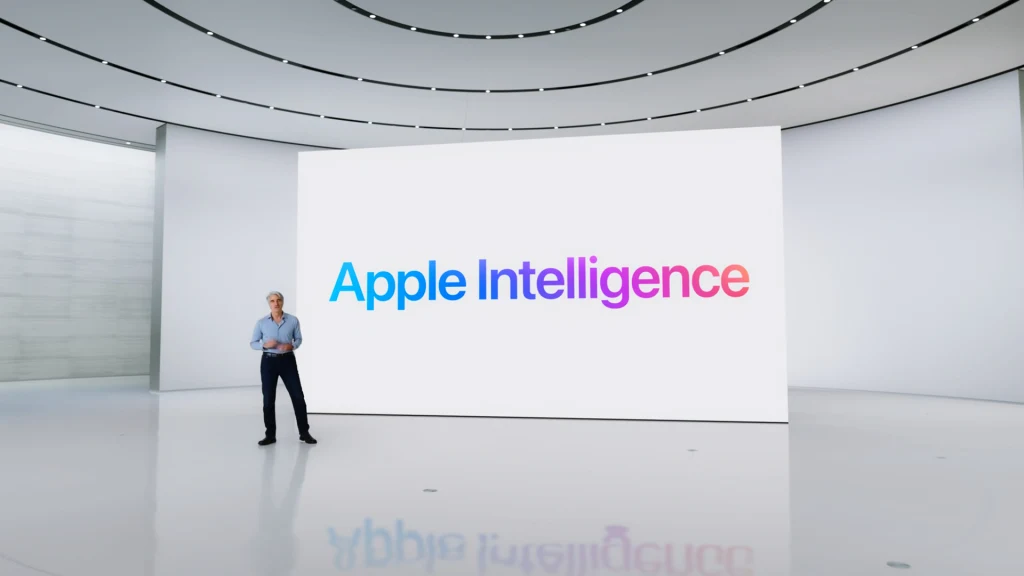Apple’s AI will erode human creativity one prompt at a time
Apple’s AI will erode human creativity one prompt at a time
Apple Intelligence could have been the company’s new ‘Think Different’ moment. Instead, it’s using AI to think for us.
BY Jesus Diaz
In 1997, Apple unveiled its constitution: a black and white commercial that dared viewers to “Think Different.” Set against footage of trailblazers like Albert Einstein, Bob Dylan, and Mohammed Ali, the ad defined the company as a bastion of creativity, fighting the normalization of corporate America. It dared everyone to think in new ways, to be bold, and go against the grain. The company declared that we, the people who dare to do things our own way, had a home at 1 Infinite Loop, in Cupertino.

This week, Apple seemed to burn that proverbial constitution with the introduction of its long-awaited Apple Intelligence. During the WWDC conference, Apple showed off an uninspired vision for an AI future that left many creatives scratching their heads. Was this the “ground-breaking” revolution promised earlier this year by Apple’s CEO Tim Cook?
With every new AI feature announced, my heart sank a little more. There was the Lensa-style AI-image generation engine that guarantees that everyone with an Apple device will be sharing the same trite images in the style of 2022 DALL-E. There was the ChatGPT-powered tools that can summarize web pages, write emails, and compose bedtime stories to read to your child complete with AI-generated illustrations. There was even an AI tool to automatically “clean up and correct” your iPad handwriting, making it “more uniform and pretty.”
Apple has the reach to shape how millions of people will experience AI for the first time, and it has chosen to take the technology in the wrongest of directions, eating and regurgitating every artificial intelligence idea already out there, rebranding it to Apple Intelligence, and turning its operating systems into engines designed to normalize your personality.
AI is good for lots of things—and to its credit, Apple did show off a handful of potentially helpful use cases for the tech—but what’s concerning about its approach is how counter it runs to the very thing that made Apple special in the first place.
Instead of empowering us to do extraordinary things, we got gimmicky tech that panders to our laziest instincts. As presented, Apple Intelligence is attempting to turn the ordinary into irrelevant and disposable. AI images that look indistinguishable from every other AI image; statistically predicted stories vomited by a machine; auto-written emails nobody will read because they will be summarized by Apple Mail; beautified handwriting that isn’t really yours anymore. This is the beginning of a Black Mirror nightmare where the rough edges of creativity are buffed to a depressingly smooth surface.

The inevitable AI
Despite all that, AI will most likely work out for Apple. The company has a giant user base trapped inside a walled garden, and these new AI tools aim to boost this codependency. Plus, let’s face it, this efficiency-at-all-costs approach is a mirror of our current society. Flatline is the new baseline.
I just wish that instead of coming up with ways to corral people into a calm sea of consumers clicking away at our screens, the company had hinted at a new way forward, where we could use AI to free us from those glowing boxes. This could have been Apple’s new “Think Different” moment. Instead, the company wants to use AI to think for us.
Maybe in the future, we will see a device that reclaims some of the time we lose to our phones on a daily basis. Maybe Apple Intelligence will become the operating system that empowers us to use our devices less, enabling us to spend more time thinking, creating, and enjoying meaningful communication. Apple hinted at that future with its new AI frameworks that are supposed to make our apps work in unison. But we are far, far away from that future.
If Apple were to release a new TV ad today, it would probably go a little differently. We’d see a slideshow of Hallmark “Get Well” and “Happy Birthday” cards, with Federighi cheerfully narrating: “So here’s to the regular ones, the conformists, the followers, the nothingmakers, the square pegs in the square holes. The ones who like beige. They’re fond of rules and they conform to the flow. You can’t really quote them but you can safely agree with all they say, then retweet them or not retweet them, who is reading, anyway. But the only thing you can’t do is ignore them because they are really annoying with those fake-sentiment cards full of hearts and balloons. They push humanity’s smarm forward. And while some may see them as the boring ones, we see easy marks with wallets full of cash, because the people who are crazy enough to think they can change the world with writings and drawings spat by a machine, are the ones who will never do but totally buy our stuff.”
(Fade to Apple logo and tagline).
ABOUT THE AUTHOR
(10)



